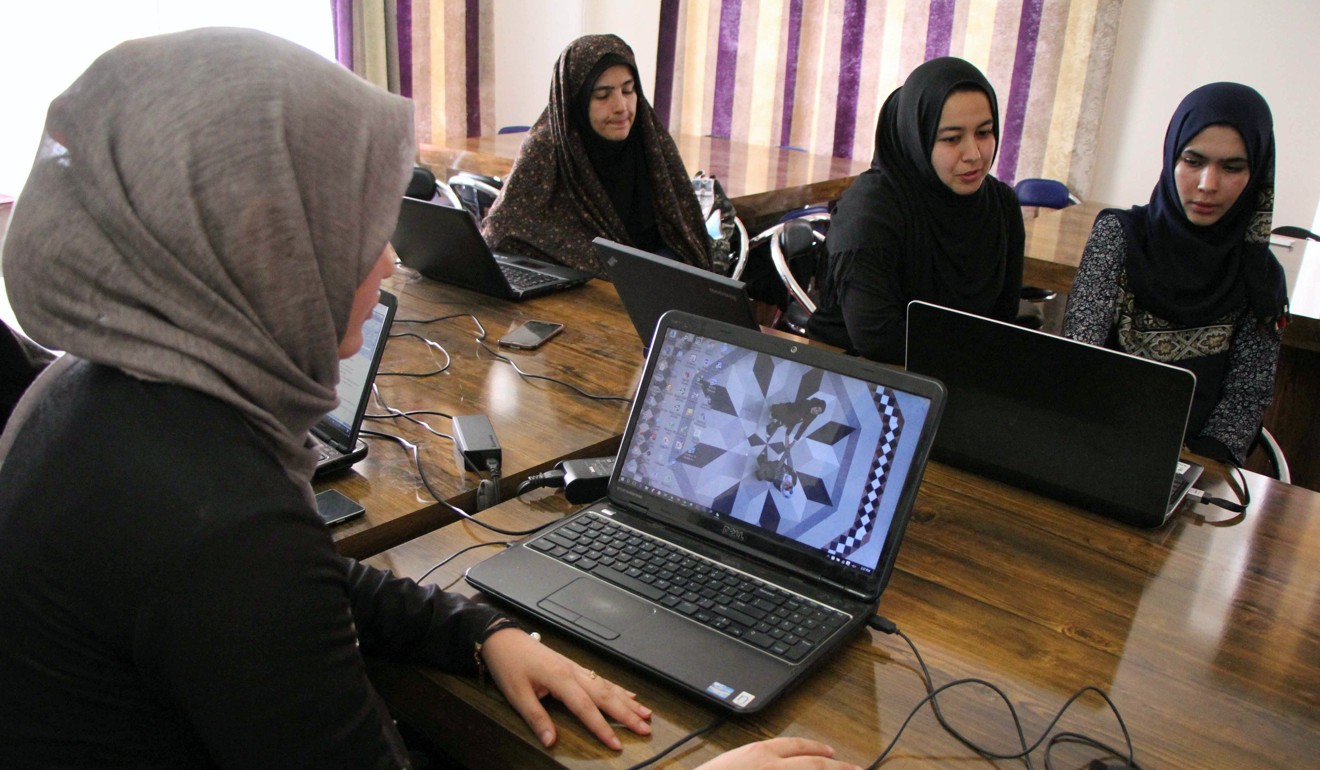
Asia’s tech sector has a ‘missing women’ problem. Here’s what the industry can do to help them
Oranuch Lerdsuwankij says the male dominated start-up space and venture capital industry can do more to support Asian women in the technology sector
If we compare Western developed countries with those in Asia, there are significant differences. Asia and the West do business differently. My home country of Thailand is a very dynamic, forward-thinking nation driven by a hardworking female workforce. This female succession has been shaped and encouraged by well-developed educational and entrepreneurial foundations that enable women to build their confidence and develop a strong business sense. In other Asian countries, however, gender roles remain very traditional, with cultural norms limiting female potential.

Given their heavy influence on business, Google and Microsoft can be key driving forces globally in providing positive initiatives for women. In Asia, it would be good to see more collaborations between governments, academics and the private sector on actively supporting and encouraging women and consistently networking with corporate giants such as Google and Microsoft to create a unified tech industry.
I believe that the key to women entering the tech industry is having a strong creative skill set and developing inner confidence.
In Thailand, we have progressed significantly when it comes to female CEOs making their mark. For example, SEA, an online and mobile entertainment provider in Southeast Asia, has appointed Nok Maneerut Anulomsombut as CEO of Thailand in 2016. Maneerut, who has an MBA degree from Stanford University, worked her way up from a middle-management position to the top job. There are signs that Asia is finally moving in the right direction.
Watch: ‘Hire as many women as possible’ – Jack Ma’s secret to Alibaba’s success
If we look at the investment landscape and, in particular, the venture capital sector, it is still extremely male dominated. Venture capitalists are more inclined to invest in start-ups led by men, where the traditional business format and roles still apply.
We need venture capitalists who genuinely understand the challenges faced by female entrepreneurs
In the future, it is crucial for conferences and platforms with a global, dynamic women-focused mindset to keep growing. Start-ups should keep an open mind when recruiting to balance out the skill sets that both men and women bring to organisations. They should enable women to gain real experience, boost their confidence and give them opportunities to achieve a more unified business landscape.
Oranuch (Mimee) Lerdsuwankij is the CEO and founder of Techsauce. The Techsauce Global Summit takes place from June 22-23 at Centara Grand, Central World Bangkok
